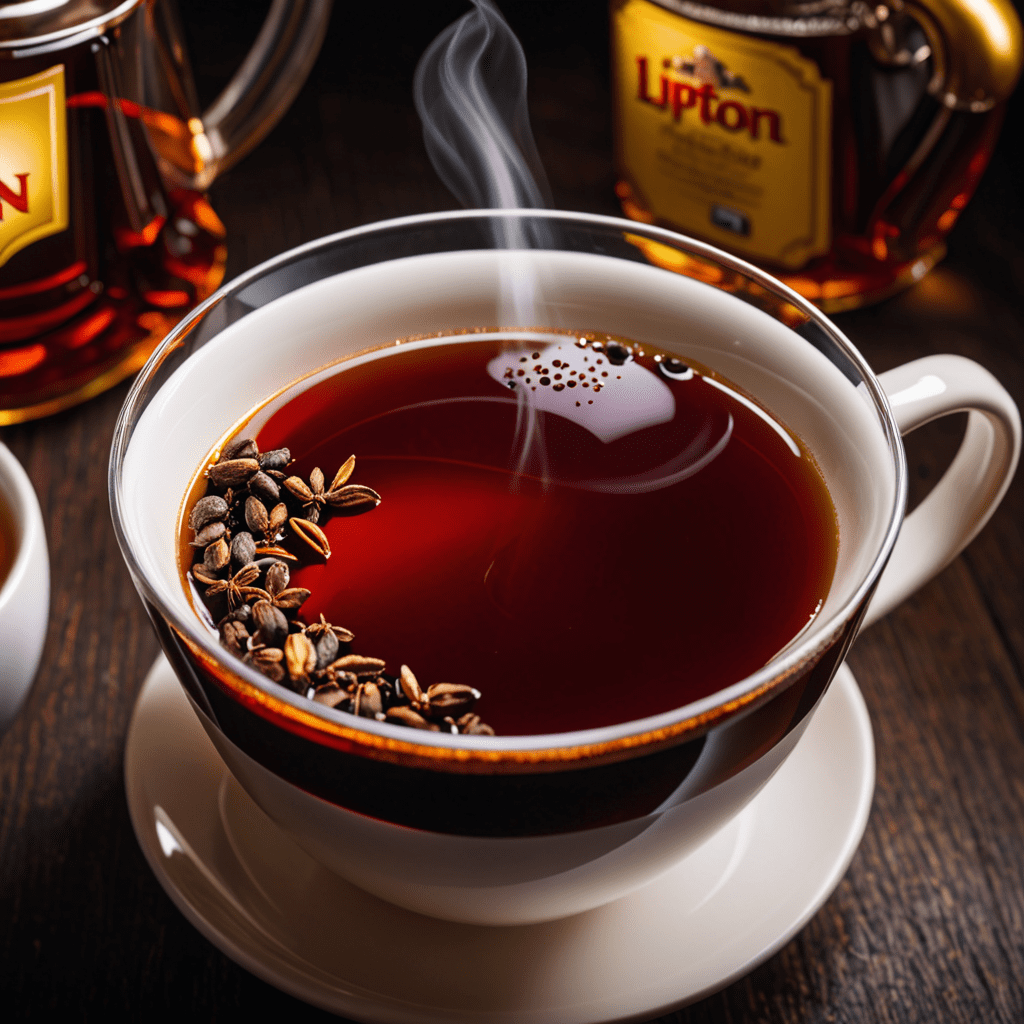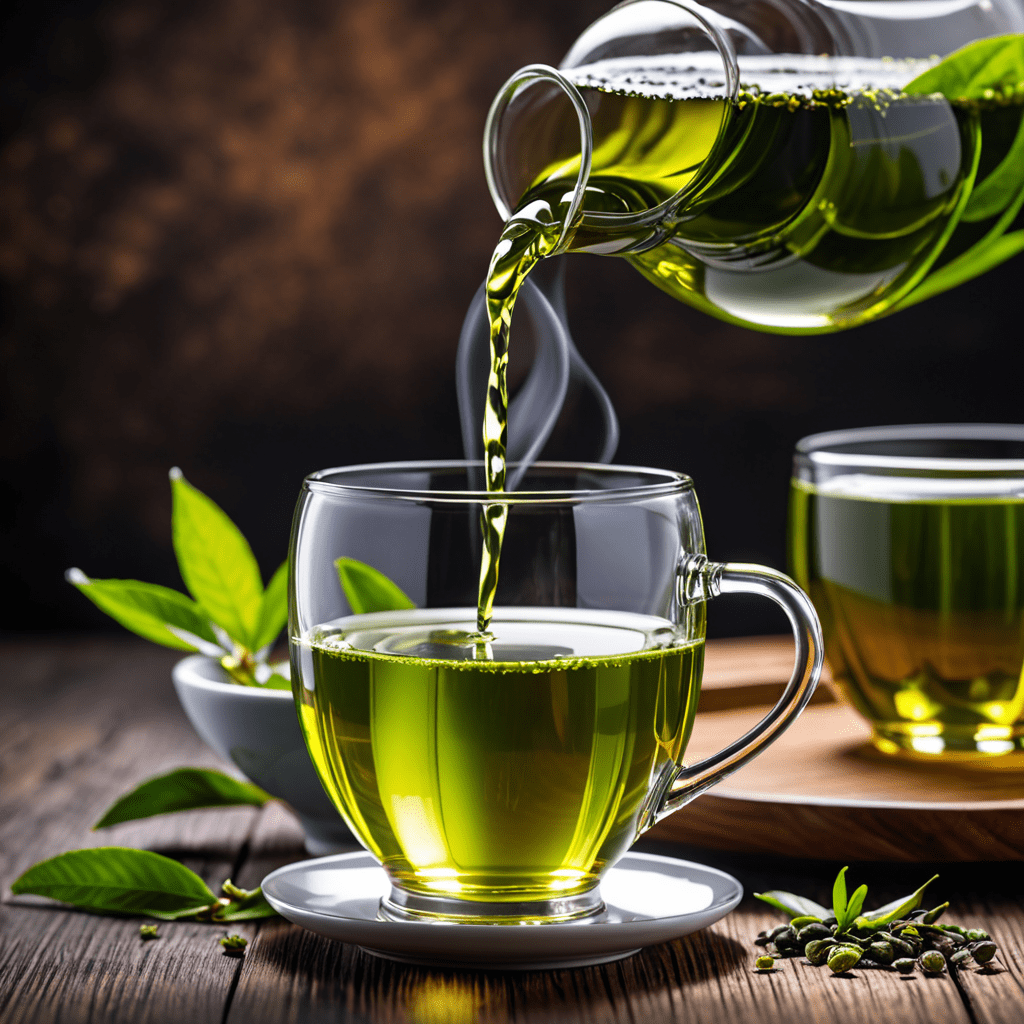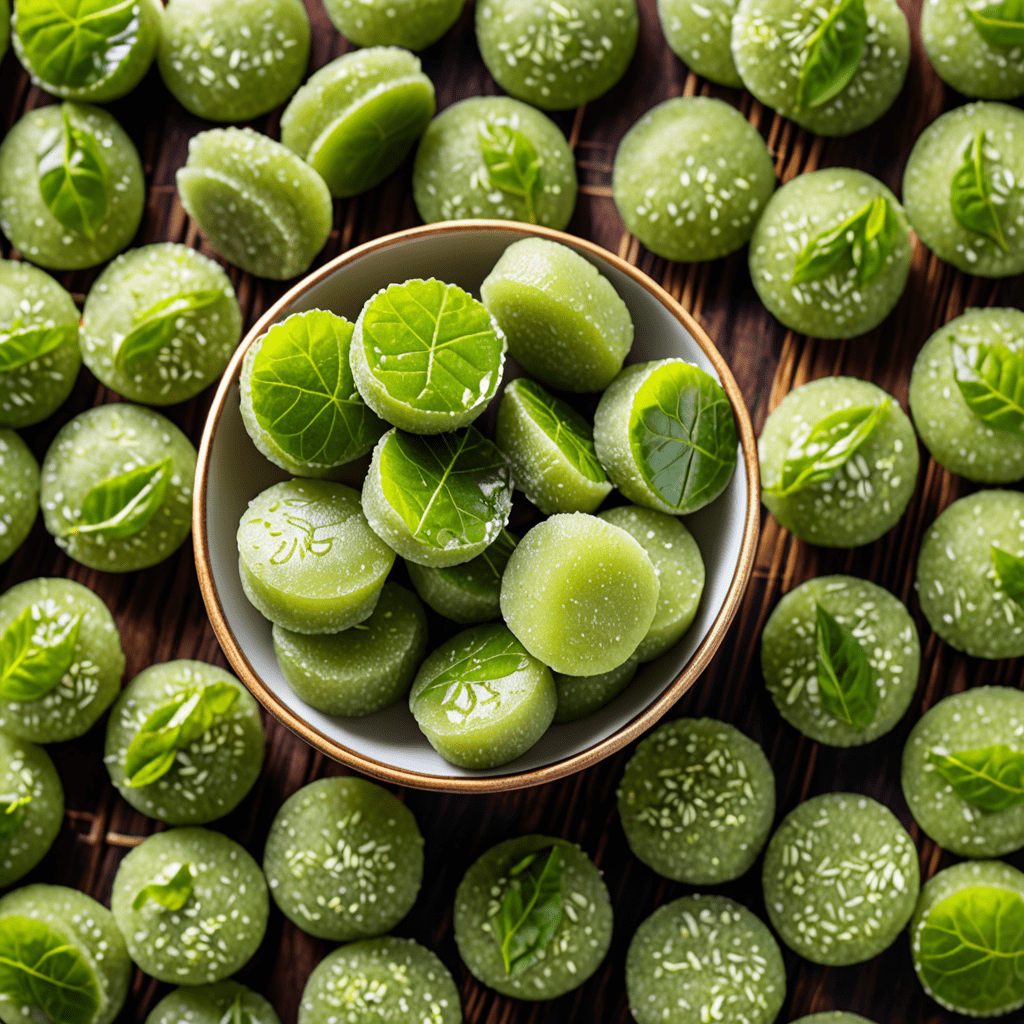
Uncovering the Caffeine Content of a Cup of Lipton Black Tea
Introduction
Whether you’re an avid tea drinker or just enjoy a cup occasionally, it’s important to be aware of the caffeine content in different types of tea. In this article, we’ll delve into the caffeine levels found in a popular brand like Lipton black tea.
Understanding Caffeine
Before we delve into the specific caffeine content of Lipton black tea, let’s have a quick understanding of caffeine itself. Caffeine is a natural stimulant found in various plants, including tea leaves. It has a stimulating effect on the central nervous system, helping to increase alertness and reduce fatigue.
The Varieties of Lipton Black Tea
Lipton offers a range of black tea options to cater to various tastes and preferences. These include:
- Lipton Black Tea
- Lipton Yellow Label Tea
- Lipton English Breakfast Tea
- Lipton Darjeeling Tea
Measuring Caffeine in Lipton Black Tea
While the exact caffeine content may vary slightly depending on factors such as brewing time and water temperature, here are some general guidelines for the caffeine content in a cup (8 ounces) of Lipton black tea:
| Tea Variety | Caffeine Content |
|---|---|
| Lipton Black Tea | 55-70 mg |
| Lipton Yellow Label Tea | 50-65 mg |
| Lipton English Breakfast Tea | 40-55 mg |
| Lipton Darjeeling Tea | 30-45 mg |
Factors Affecting Caffeine Levels
While the table above provides a general idea of the caffeine content in Lipton black tea, it’s important to note that certain factors can influence these levels. Some of these factors include:
- Brewing time: The longer the tea is steeped, the more caffeine it may contain.
- Water temperature: Higher water temperature can extract more caffeine from the tea leaves.
- Type of tea leaf: Different types of tea leaves naturally contain varying amounts of caffeine.
Health Considerations
Caffeine affects individuals differently, so it’s essential to consider your own tolerance and health conditions when consuming Lipton black tea or any caffeinated beverage. If you’re sensitive to caffeine or have certain medical conditions, it’s always best to consult with a healthcare professional for personalized advice.
FAQ
1. Does decaffeinated Lipton black tea still contain caffeine?
Yes, decaffeinated Lipton black tea may still contain traces of caffeine, although the levels are significantly reduced compared to regular black tea.
2. Can I reduce the caffeine content in Lipton black tea?
Yes, you can reduce the caffeine content in Lipton black tea by opting for decaffeinated versions or by blending it with herbal teas that are naturally caffeine-free.
3. How does Lipton black tea compare to other types of tea?
Lipton black tea generally contains more caffeine than green tea but less caffeine than coffee. However, it’s worth noting that caffeine content can vary among different brands and tea varieties.
4. Is it safe to consume Lipton black tea during pregnancy?
While moderate consumption of caffeine is generally considered safe during pregnancy, it’s advisable for pregnant women to consult with their healthcare provider for specific guidelines and recommendations.
5. Can children drink Lipton black tea?
Caffeine consumption in children should be monitored, and it is generally recommended to limit their intake. It’s best to consult with a pediatrician for guidance regarding caffeine consumption in children.
6. Are there any health benefits associated with drinking Lipton black tea?
Aside from its potential energizing effects, Lipton black tea is also rich in antioxidants, which can support overall health and well-being. However, it’s important to remember that individual health benefits may vary, and a balanced diet and lifestyle are key for optimal health.

